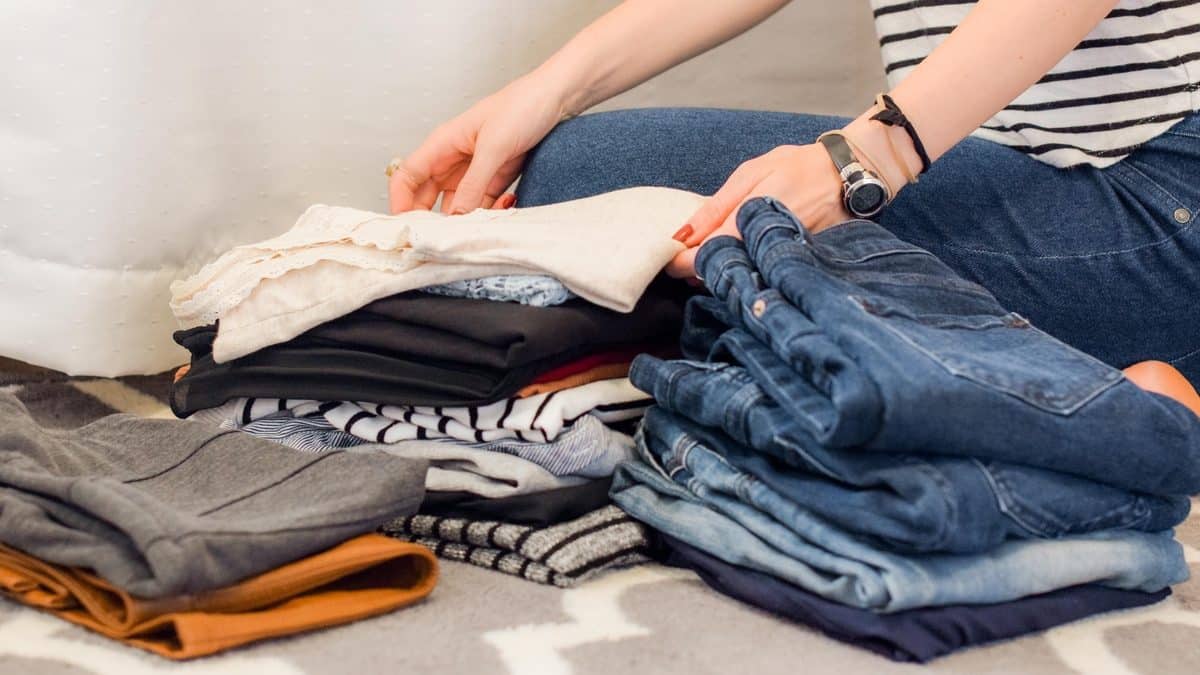
Navigating Boundaries: A Guide for Adult Children in Parental Relationships
November 27, 2023
Behavioural Activation as a Mood Enhancer
December 11, 2023Have you ever felt like the physical clutter in your home was reflecting a little bit of what was going on inside of you? Life can get messy, and sometimes we feel this chaos and clutter both physically, mentally, and emotionally. This connection is what gives power to the act of decluttering our living space. Taking care of our outer world and in turn, can have meaningful impacts on our inner world. Understanding this can help us to access not just a more organized life, but a happier and healthier one.
How Clutter Impacts Mental Health
We can think of clutter as items we have accumulated and hold onto that we no longer use or that no longer serve us, and that may be taking up space in a disorganized way in our homes or in our digital lives (our phones and computers might be full of old files and apps gathering virtual dust!). This can have very real impacts on our emotional, psychological, and social wellbeing, affecting our anxiety levels, ability to focus and relationships.
Physical clutter within our living spaces presents as an ongoing visual reminder of both disorganization and tasks left unfinished. This can produce feelings of overwhelm and make it difficult for us to relax within our homes. Research suggests that living amidst clutter can lead to decreased focus and diminished productivity, as well as feelings of guilt and shame. Those who live with symptoms of anxiety and depression may find that clutter exacerbates their experience.
The Benefits of Decluttering
The benefits of decluttering extend beyond simply the enjoyment of an organized home. The act of decluttering can become an empowering process. It invites us to regain a sense of agency in our life. The act of decluttering can become a calming practice that forces us to focus on the task at hand and slow down. And, as we regain a sense of control, the visible signs of our achievement can boost and positively reinforce our self-worth and confidence.
How to Declutter for Improved Mental Health
- Start Small: Establish goals that are specific and achievable. To avoid feeling overwhelmed, take it one room, closet, or drawer at a time.
- Keep, Donate, Trash: To ease decision-making, use this method to sort items into one of three categories.
- Declutter Frequently: Declutter as a regular practice monthly or seasonally to prevent clutter from growing.
- Enlist Support: Have a friend or family member assist your efforts or consult a professional organizer.
- Take the Joy Test: Rather than holding onto items out of duty or guilt, reflect on whether the item “sparks joy,” as inspired by Marie Kondo.
Remember, decluttering is an ongoing process. As we get decided on what we don’t want, we become increasingly clear on what we do want. While it may begin within the walls of our closet or home, the reverberations are felt throughout our lives.
Want to learn more about the power of decluttering and your mental health? Check out these resources:
Check out these resources:
If you are looking to connect further or receive support around a mental health concern, please Contact Us at 250-718-9291 or email us at [email protected].
Check out these resources
- No Place Like Home: Home Tours Correlate With Daily Patterns of Mood and Cortisol – Darby E. Saxbe, Rena Repetti, 2010
- https://konmari.com
- http://www.seminar.uad.ac.id/index.php/ICMPP/article/view/6304
- Rise Out of the Clutter and Regain your Sense of Self

Written by: Miriam Desjardins, MACP
To book: Click Here!





